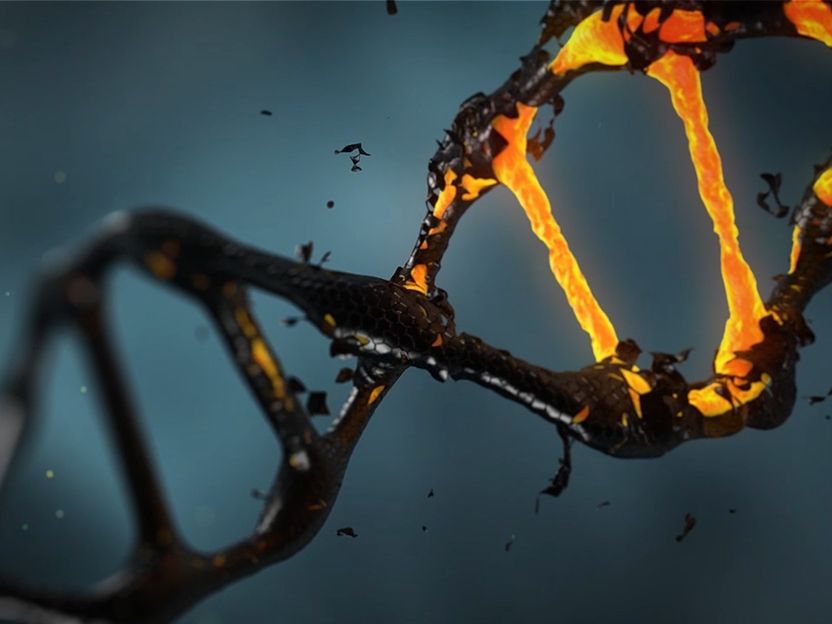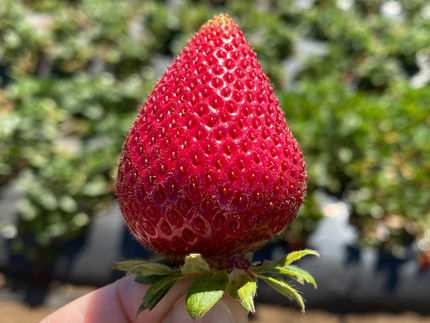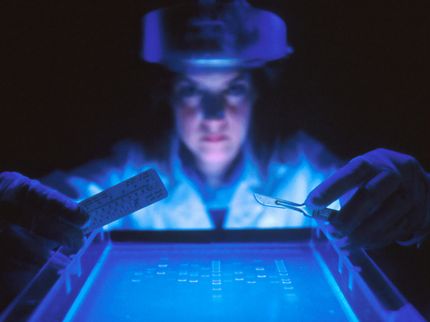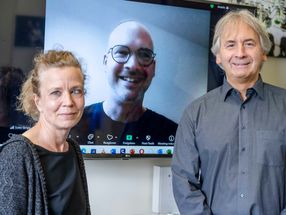EU top court rules new breeding techniques count as GMOs
The European Union's top court ruled Wednesday that food produced by a series of new biotechnology breeding techniques should be considered genetically modified organisms, thus falling under the EU's strict regulations of the products.

pixabay/lisichik
The ruling, which will see the foods face special safety checks and labeling restrictions, was seen as a major victory for environmentalists at the expense of the biotech industry.
Biotech companies have been working on a new generation of technologies to change genetic material in plants or animals, and it had long been debated whether they need to match the EU's rules on genetic modification, which are much stricter than in the United States.
In Wednesday's ruling, the European Court of Justice said that the organisms created by the new breeding techniques "come, in principle, within the scope of the GMO Directive and are subject to the obligations laid down by that directive."
The biotech industry says that the new techniques make it easier to create organisms that are drought and disease resistant while providing higher nutrition yields. They say that locking them in to the strict EU GMO regulations would stifle their development. Others say that their unchecked and unbridled development would put nature and human health at risk.
German Environment Minister Svenja Schulze welcomed the ruling, calling it "good news for the environment and consumer protection. The verdict is also a clear commitment to the precautionary principle in Europe."
"Now we finally have the necessary legal certainty and transparency for consumers, researchers and industry," she said. "Protecting the environment and health are our top priority with new genetic technology as well," Schulze added.
Mute Schimpf of Friends of the Earth Europe welcomed Wednesday's ruling at the European Court of Justice, saying that under it the new techniques "must be fully tested before they are let out in the countryside and in our food."
The European Association for Bioindustries, or Europabio, condemned the ruling. Secretary General John Brennan warned that Europe could miss out on significant benefits of genome editing and said the decision would hurt EU researchers, academics and innovators.
Detlef Weigel, director of the Max Planck Institute for Developmental Biology in Tuebingen, Germany, called the ruling "a sad day for European science."
The court "followed arguments that are of the same quality as those who deny climate change," Weigel said.
Serious scientific organizations such as the U.S. National Academy of Sciences, the Royal Society in Britain and the German National Academy of Sciences presented evidence that the European Court of Justice discounted, he said.
Weigel said the decision also was impractical because many of the modifications made are undetectable. "The law cannot be properly enforced, making it an inherently flawed law," he said. (dpa)
Most read news
Other news from the department politics & laws

Get the food & beverage industry in your inbox
By submitting this form you agree that LUMITOS AG will send you the newsletter(s) selected above by email. Your data will not be passed on to third parties. Your data will be stored and processed in accordance with our data protection regulations. LUMITOS may contact you by email for the purpose of advertising or market and opinion surveys. You can revoke your consent at any time without giving reasons to LUMITOS AG, Ernst-Augustin-Str. 2, 12489 Berlin, Germany or by e-mail at revoke@lumitos.com with effect for the future. In addition, each email contains a link to unsubscribe from the corresponding newsletter.































































